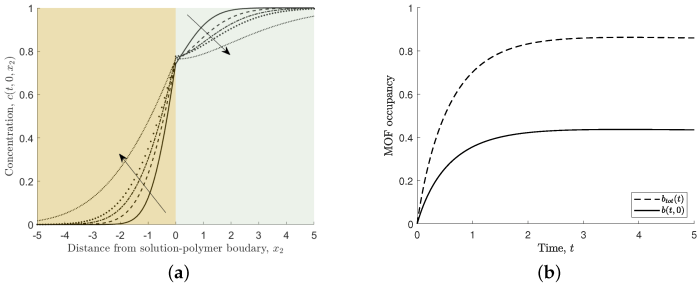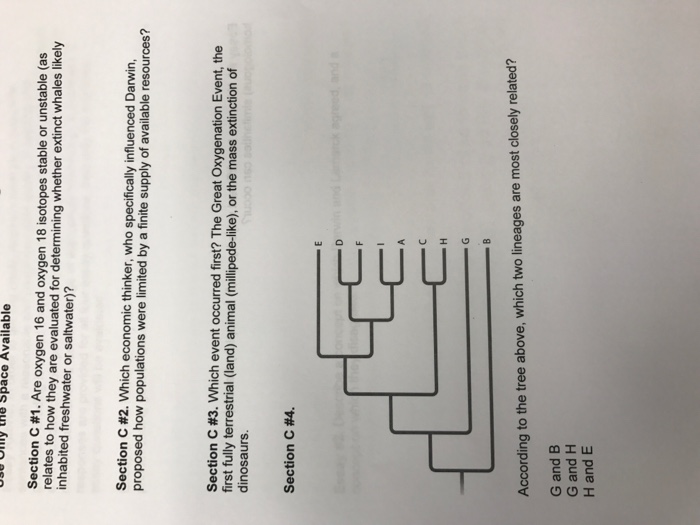With which human activity would most likely deplete finite resources at the forefront, this paragraph opens a window to an amazing start and intrigue, inviting readers to embark on a storytelling journey filled with unexpected twists and insights.
The content of the second paragraph that provides descriptive and clear information about the topic
Human Activities Depleting Finite Resources: Which Human Activity Would Most Likely Deplete Finite Resources

Finite resources are natural resources that cannot be replenished at a rate comparable to their consumption. They include fossil fuels, minerals, and freshwater. These resources are essential for human survival and economic development, but their depletion poses significant environmental and economic challenges.
Human activities that consume finite resources include:
- Extraction and combustion of fossil fuels
- Mining and processing of minerals
- Deforestation and conversion of land for agriculture
- Overfishing and other unsustainable fishing practices
li>Excessive water consumption and pollution
Resource depletion can lead to environmental degradation, economic instability, and social unrest. It can disrupt ecosystems, cause climate change, and lead to conflicts over scarce resources.
Energy Consumption and Resource Depletion
Energy consumption is a major driver of resource depletion. Fossil fuels, which are finite resources, account for a significant portion of global energy production. The combustion of fossil fuels releases greenhouse gases, contributing to climate change and other environmental impacts.
Renewable energy sources, such as solar and wind power, do not deplete finite resources. However, the extraction and processing of materials used in renewable energy technologies can have environmental impacts.
Industrialization and Resource Depletion, Which human activity would most likely deplete finite resources
Industrialization has led to a significant increase in resource consumption. Industries that rely heavily on finite resources include manufacturing, construction, and transportation. The extraction and processing of raw materials for industrial use can cause environmental degradation and contribute to resource depletion.
Industrialization has also led to increased waste generation, which can further deplete finite resources. Landfills and other waste disposal methods can take up valuable land and pollute the environment.
Population Growth and Resource Depletion
Population growth increases the demand for resources. As the population grows, so does the need for food, water, energy, and other resources. This can put a strain on finite resources and lead to depletion.
Balancing population growth with resource sustainability is a major challenge. It requires implementing sustainable practices, reducing consumption, and investing in renewable energy sources.
Agriculture and Resource Depletion
Agriculture is a major consumer of finite resources, including land, water, and energy. Intensive agricultural practices, such as the use of synthetic fertilizers and pesticides, can deplete soil nutrients and pollute water sources.
Sustainable agricultural practices can help reduce resource depletion. These practices include crop rotation, conservation tillage, and integrated pest management.
Waste Generation and Resource Depletion
Waste generation contributes to resource depletion. Landfills and other waste disposal methods can take up valuable land and pollute the environment. Recycling and composting can help reduce waste generation and conserve finite resources.
Reducing waste generation requires changing consumption patterns and implementing sustainable waste management practices. It also requires investing in infrastructure for recycling and composting.
FAQ
What are finite resources?
Finite resources are natural resources that cannot be replenished or renewed at a rate comparable to their consumption.
What are the consequences of resource depletion?
Resource depletion can lead to environmental degradation, economic instability, and social conflict.
What are some examples of human activities that deplete finite resources?
Some examples include energy consumption, industrialization, population growth, agriculture, and waste generation.


